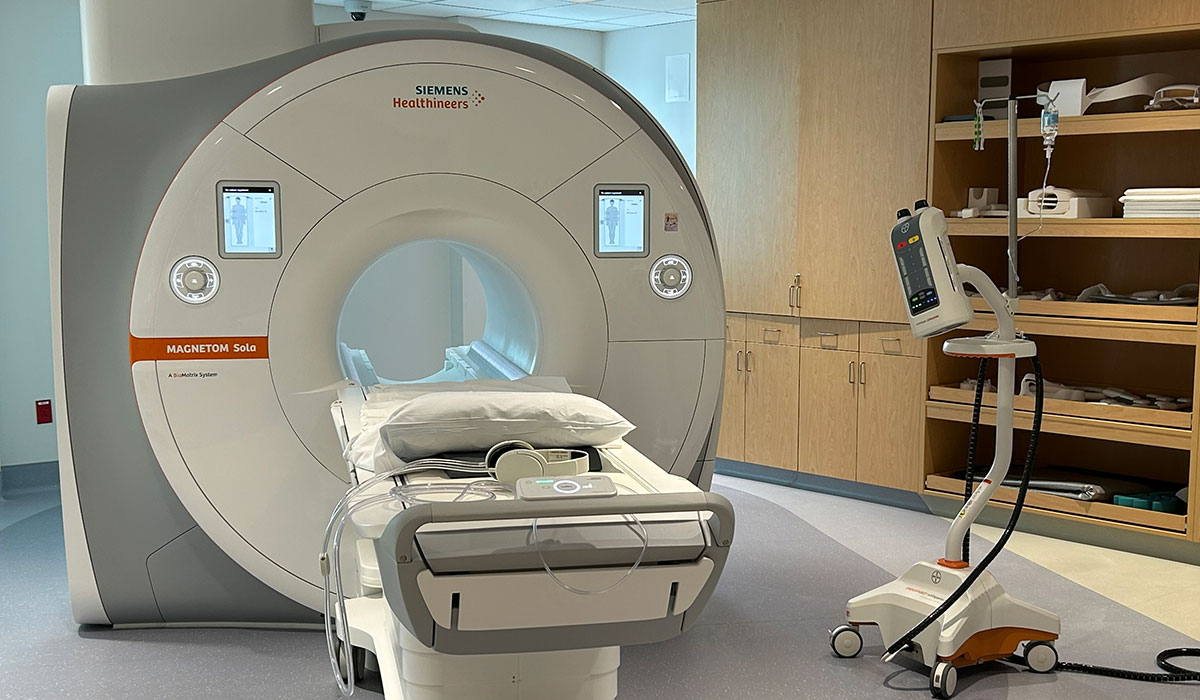Westerly Hospital now offers Transcarotid Artery Revascularization (TCAR), a procedure to treat carotid artery disease.
The procedure offers a lower risk of complications such as stroke and an easier recovery, in part because the minimally invasive procedure can be done with local anesthesia.
TCAR involves placing a stent in the carotid artery to open a blockage, yet it is distinctly different from more traditional procedures for two reasons, according to interventional cardiologist Carlos Mena, MD, medical director of Vascular Medicine, Yale New Haven Hospital Internal Medicine, and associate professor of Medicine, Yale School of Medicine.
Traditional access to the carotid artery, which is in the neck, requires inserting a catheter in either the wrist or leg, which then travels through the body to the neck area. With TCAR, a small incision is made directly in the neck, providing easier access to the carotid artery.
The TCAR procedure also uses a “reverse flow” suction system to temporarily reverse blood flow in the carotid artery. Instead of flowing toward the brain, blood flows backward into the body – dramatically reducing the risk of plaque breaking off inside the artery, potentially reaching the brain and causing a stroke.
“TCAR is a sophisticated procedure, and it’s a significant improvement and advancement in the placement of carotid stents. It represents a modernization of the carotid repair, Dr. Mena said.




